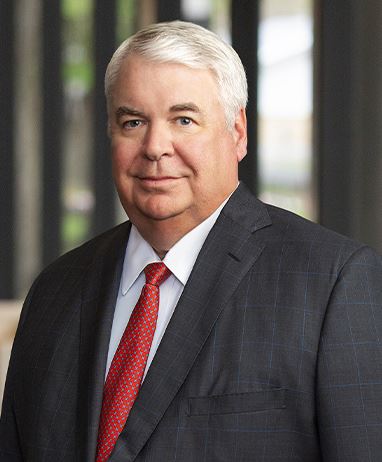Healthcare fraud is a billion-dollar-a-year scheme, primarily committed by a small number of bad actors. In its effort to safeguard government-funded healthcare programs, the Department of Health and Human Services (HHS) established its Office of Inspector General (OIG) to aggressively investigate fraud and wrongdoing.
OIG investigations are usually triggered by a whistleblower complaint, a Medicare audit, or a referral from another law enforcement agency, such as the FBI or Medicare Fraud Strike Force. OIG investigations are multi-faceted with high stakes that can subject healthcare facilities to tremendous penalties.
If you suspect your facility may be the target of an investigation, or an investigator approaches one of your employees, take these steps immediately:
1. Contact an Experienced OIG Attorney
It is common for the OIG to start an investigation by talking to employees, especially in the case of medical labs where investigators may suspect improper payment arrangements with marketing representatives. Many times, an OIG representative will approach an employee in the parking lot of the facility or even leave a business card at the employee’s home. A common phrase these employees may hear is “you’re not a target of the investigation, but we would like information from you.”
If an employee reports that an OIG investigator has approached them, or if investigators come to your facility, contact experienced counsel immediately. An attorney who is well versed in OIG agent methods can advise you and your employee of your rights and obligations, and help you avoid activities that could land you in hot water:
- Always be truthful.
- Never encourage anyone in your organization to delete or destroy evidence.
- Be aware that every text or email you send to employees is subject to discovery.
“You never want to get into a situation where it can be alleged that you are interfering with an investigation,” emphasizes Managing Shareholder Trey Hendershot. “Everything you say and everything you send is discoverable. An experienced healthcare investigation attorney will help you come up with a plan to communicate with your employees and cooperate with the investigation.”
Cooperation and open lines of communication with the investigating agent will indicate your good faith and willingness to cooperate with the investigation and, in turn, can improve the chances of a quick and favorable outcome.
2. Conduct an Internal Audit and Investigation
Information is power, and government agencies are not immune to mistakes. If they made one in their findings, you want to provide them with proof of compliance and good standing on your end. An internal audit and investigation, led by an attorney skilled in this area, can uncover risk areas and identify appropriate corrective actions while ensuring your findings are properly protected.
3. Self-Report OIG Violations
Let’s suppose your internal investigation does uncover evidence of potential fraud within your practice or facility. In that case, the OIG offers providers an opportunity to self-disclose certain violations, helping them avoid the costs and disruptions of an investigation or litigation. This is done under the Provider Self-Disclosure Protocol.
The OIG does not make promises regarding the effect of the voluntary disclosure, merely stating that self-reporting “could be a mitigating factor” in their recommendation to prosecuting agencies. However, the OIG holds out that full disclosure and cooperation generally benefit the provider. The Department of Justice has the option to decline or defer criminal prosecution should the organization voluntarily self-disclose misconduct, fully cooperate, and promptly remediate the wrongdoing.
Whether you have detected fraud or not, you should contact an attorney who can guide you through the next steps.
4. Take Corrective Action to Ensure Compliance
If you discover that fraudulent activity has taken place at your facility, ensure that the fraudulent conduct has ended or corrective action will be taken, and the improper arrangement will be terminated within 90 days of self-disclosure. You should also implement safeguards to prevent this activity from reoccurring.
Any situation involving the OIG and the requests for information they make must be handled with the utmost diligence. Whether you receive a subpoena, request to “chat,” or agents arrive unannounced, you must not ignore them. The best thing to do is to obtain legal counsel as soon as possible to protect and defend your rights. If you are the target of a health care fraud investigation, call Hendershot Cowart P.C. immediately. We will be at your side, and on your side, when you need us.
Call Hendershot Cowart P.C. to speak with a Houston-based health care fraud defense lawyer at (713) 909-7323.


23.2201211258123.jpg)
